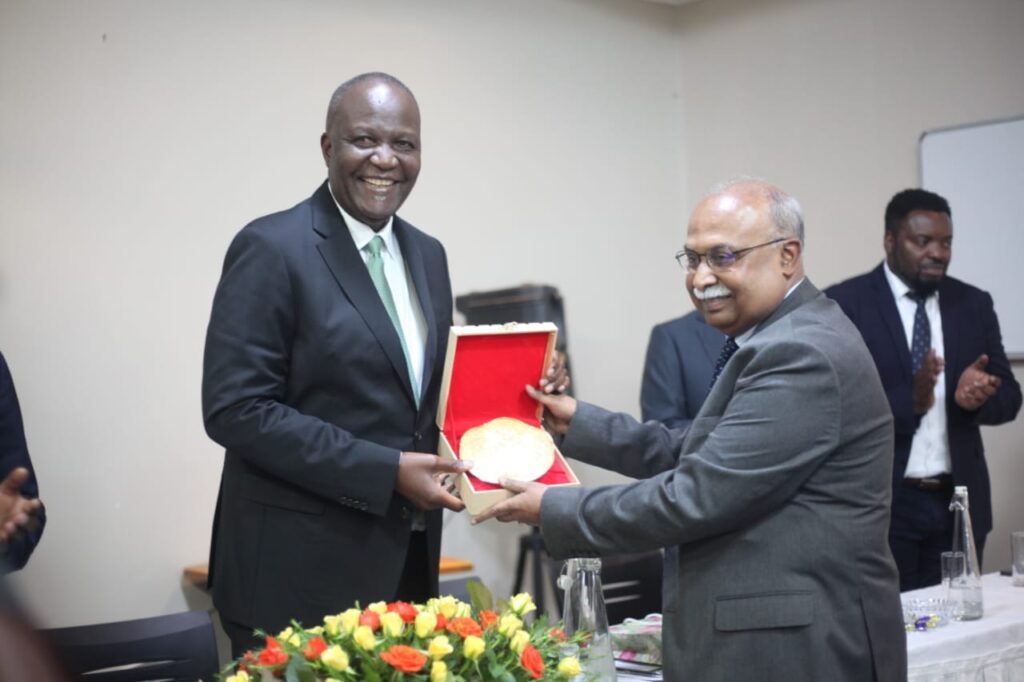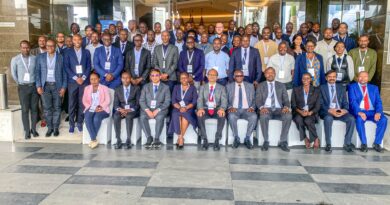Technology Minister Encourages Scientists to Innovate for Agricultural Development
The Technology and Science Minister, Hon. Felix Mutati, has urged scientists to focus their research and innovation efforts on addressing the pressing challenges confronting the agriculture sector, particularly in low-income countries.
Emphasizing the need for accessible solutions, Hon. Mutati emphasized the importance of developing affordable technologies, such as irrigation systems, tailored to the needs of small-scale farmers who often lack financial resources.
During the closure of the International Consultative Meeting on Research and Development and Technology Transfer for Sustainable Agriculture and Food Security in Lusaka, Hon. Mutati highlighted the financial barriers faced by small-scale farmers in accessing traditional irrigation systems.
He stressed the importance of manufacturing cost-effective irrigation solutions to enable small-scale farmers to enhance their productivity, efficiency, and resilience to climate change.
Furthermore, Hon. Mutati advocated for the implementation of ground water mapping initiatives to reduce the high costs associated with drilling wells, which pose a significant financial burden for small-scale farmers.
By employing modern technologies and scientific methodologies, ground water mapping can help identify suitable locations for wells, thus optimizing resource allocation and minimizing expenses for farmers.
In addition to irrigation innovations, the Technology and Science Minister underscored the significance of mechanization in agricultural practices. Mechanization, he noted, plays a pivotal role in increasing productivity for farmers, streamlining operations, and alleviating labor-intensive tasks.
Hon. Mutati’s call to action highlights the critical role of science and technology in driving agricultural development and food security in low-income countries.
By harnessing innovation and research, stakeholders can work towards sustainable solutions that empower farmers and enhance agricultural productivity in the face of evolving challenges.



